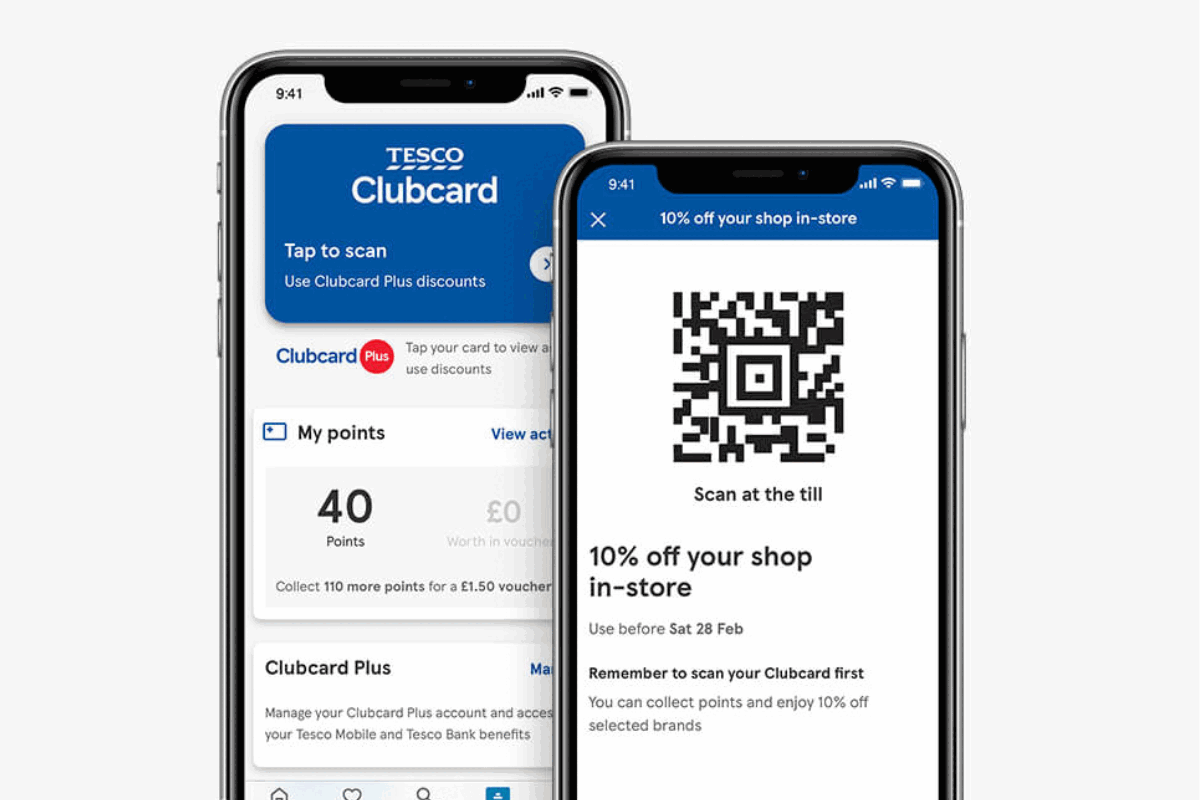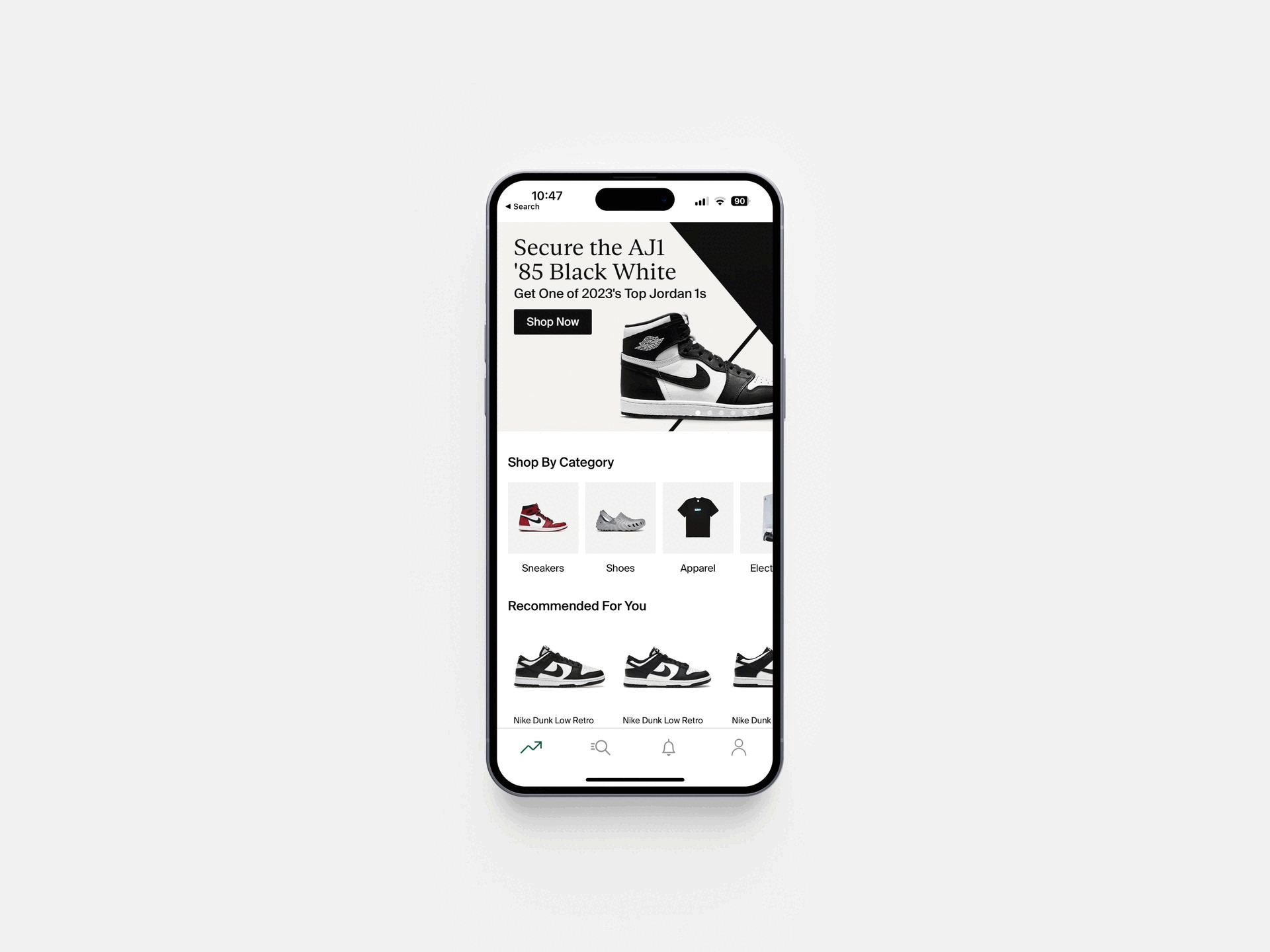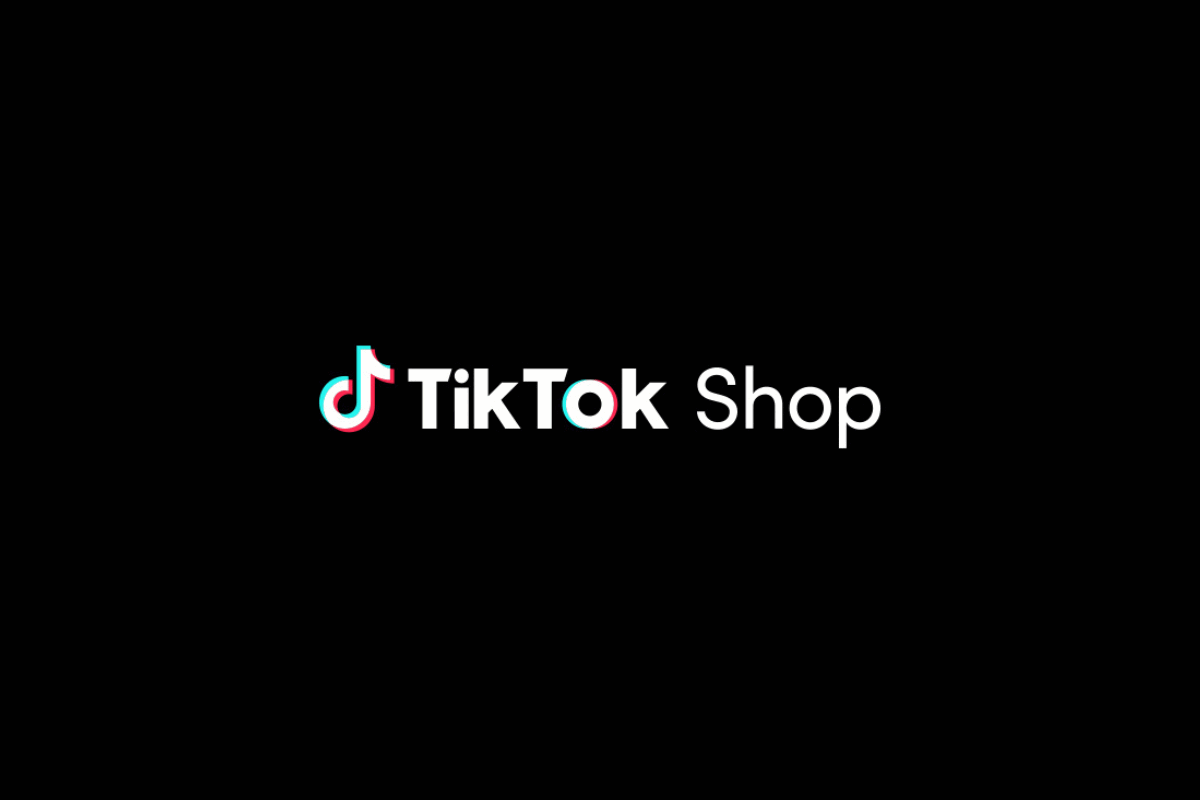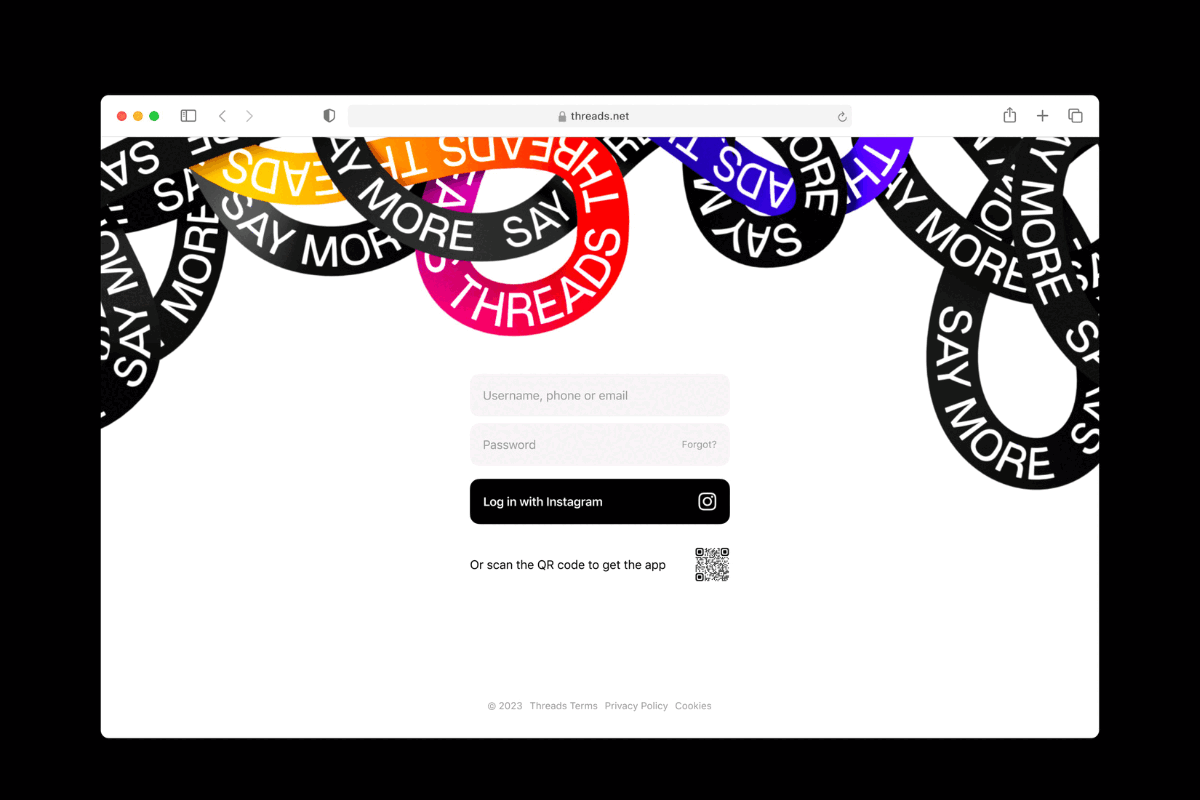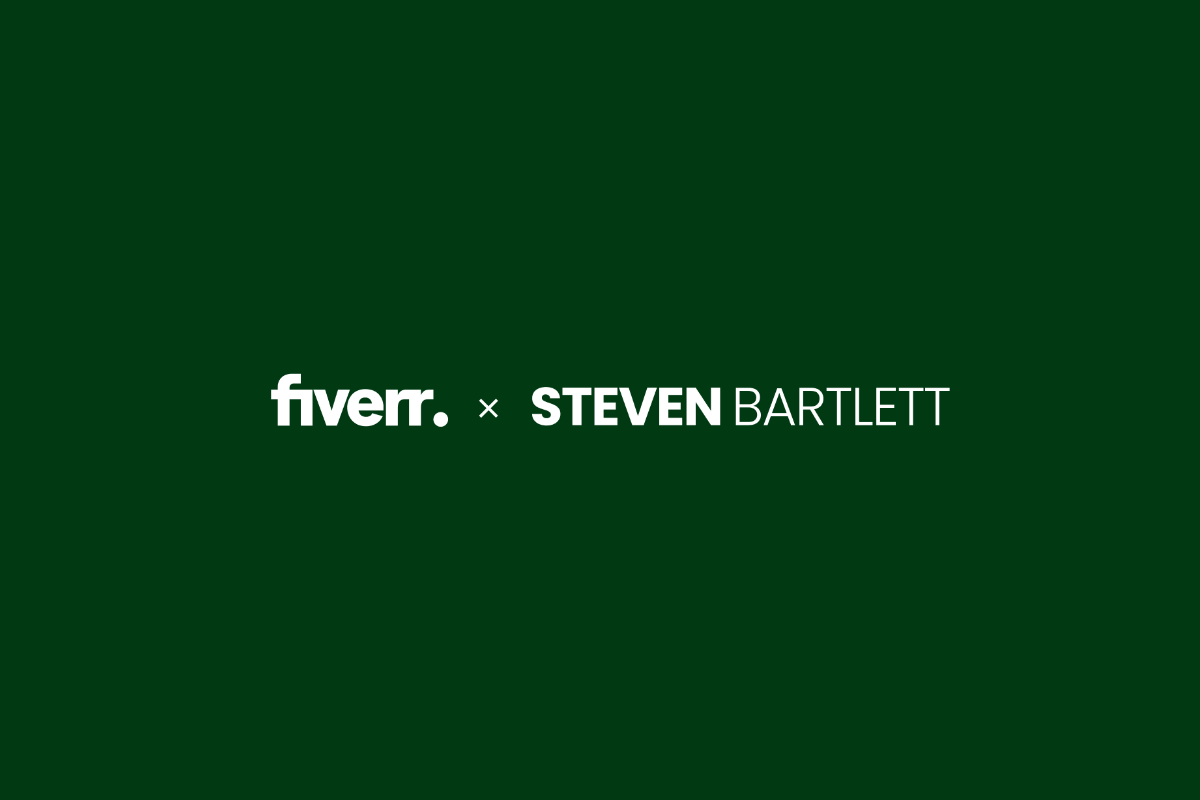
I was alerted to the fact that the programme was all about mobile apps by an email yesterday from Grapple Mobile, which made sense when, 5 minutes in, I spotted the first person I knew, Alistair Crane, CEO of, er, Grapple Mobile.
As for the others, for what it’s worth, here’s the roll call. First up was Nate Lanxon from Wired, who I met, randomly, on a boat trip in Berlin on a press trip about five years ago. Next, Stuart Miles, founder of gadget website Pocket Lint and a regular press trip companion in the days when I used to write about TVs and home cinema kit. Next to him, Rik Henderson, also of Pocket Lint, but who I worked with on Home Cinema Choice magazine a long time ago, and who has previous as a TV presenter on a show called Gamesmaster in the ‘90s.
And then there was Mike Butcher, who I don’t know, but at least follow. And finally, even Lord Sugar’s trusted sidekick Nick Hewer, who, when I was working on What Video magazine 20 years ago, was a slightly less famous PR man, and my first port of call for review samples and transparencies – remember them? – of Amstrad consumer electronics gear.
It goes without saying that I took a keener-than-usual interest in last night’s episode. For anyone who didn’t see the programme, two teams – boys and girls – each had to design, develop and market a mobile app, with the app that clocked up the most downloads deemed to be the winner. Grapple had the fun of turning the team’s ideas into two real, live, breathing apps across three platforms, Android, Rim and Nokia, within 24 hours.
The boys’ team came up with an app that mocked regional (UK) accents, while the girls’ app consisted of various annoying noises. The boys’ app, as some of those they pitched it to pointed out, was gloriously politically incorrect, while the girls’ belonged in a new category of apps, which I will call ‘Crapps’. On a scale of 1-10, you (or at least I), would have given the boys’ app a ‘3’, the girls’ a ‘0’.
With the idea for each app agreed on, it was over to Grapple to make them an overnight reality, something which Crane says took “a monumental effort”. And while he concedes that the briefing sessions were slightly less professional than those with proper, paying clients, he says some of the questions being asked were not dissimilar to those asked by some of the firm’s less experienced clients.
To market their apps, the teams were granted an audience with PocketLint, Wired and TechCrunch, as well as a presentation slot at a technology trade fair. Up until the final denouement in The Apprentice boardroom, it appeared that the boys had nailed it: after six hours, they had clocked up “just under 3,000” downloads, while the girls had done “just under 1,000”. Common sense seemed to be prevailing.
After 24 hours, however, the girls had triumphed, with 10,667 downloads, compared to just 3,951 for the boys. Which is fairly depressing when you think of the time and effort that the average app developer devotes to making their app as good as it can be.
Grapple CEO Crane says he’d have been happy to put his name to the boys’ app, less so the girls’. So given that the boys pitched it better, that the app itself was better, and that the name of their app, Slangatang, bore a passing resemblance to what it actually did, how did the girls’ app, called Ampi Apps, end up winning?
According to Crane, it was all about the metadata. He says: “It’s hard to overestimate the importance of the description of the app, and this is where the boys team let themselves down, as Lord Sugar pointed out. The girls’ app was not as good, but they wrote a better app store submission, and in my opinion, that’s what won it for them.”
If you got nothing else out of last night’s programme, in an age where we are drowning in apps, and discoverability is king, that alone is worth remembering.
David Murphy
Editor




